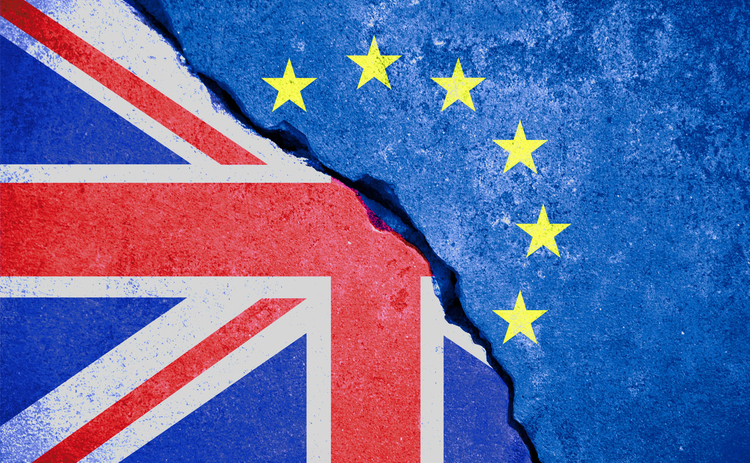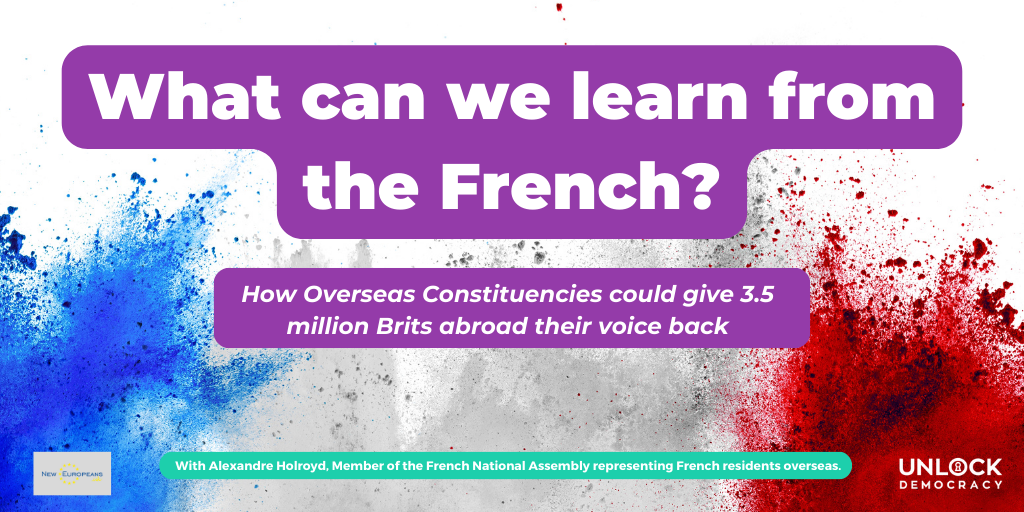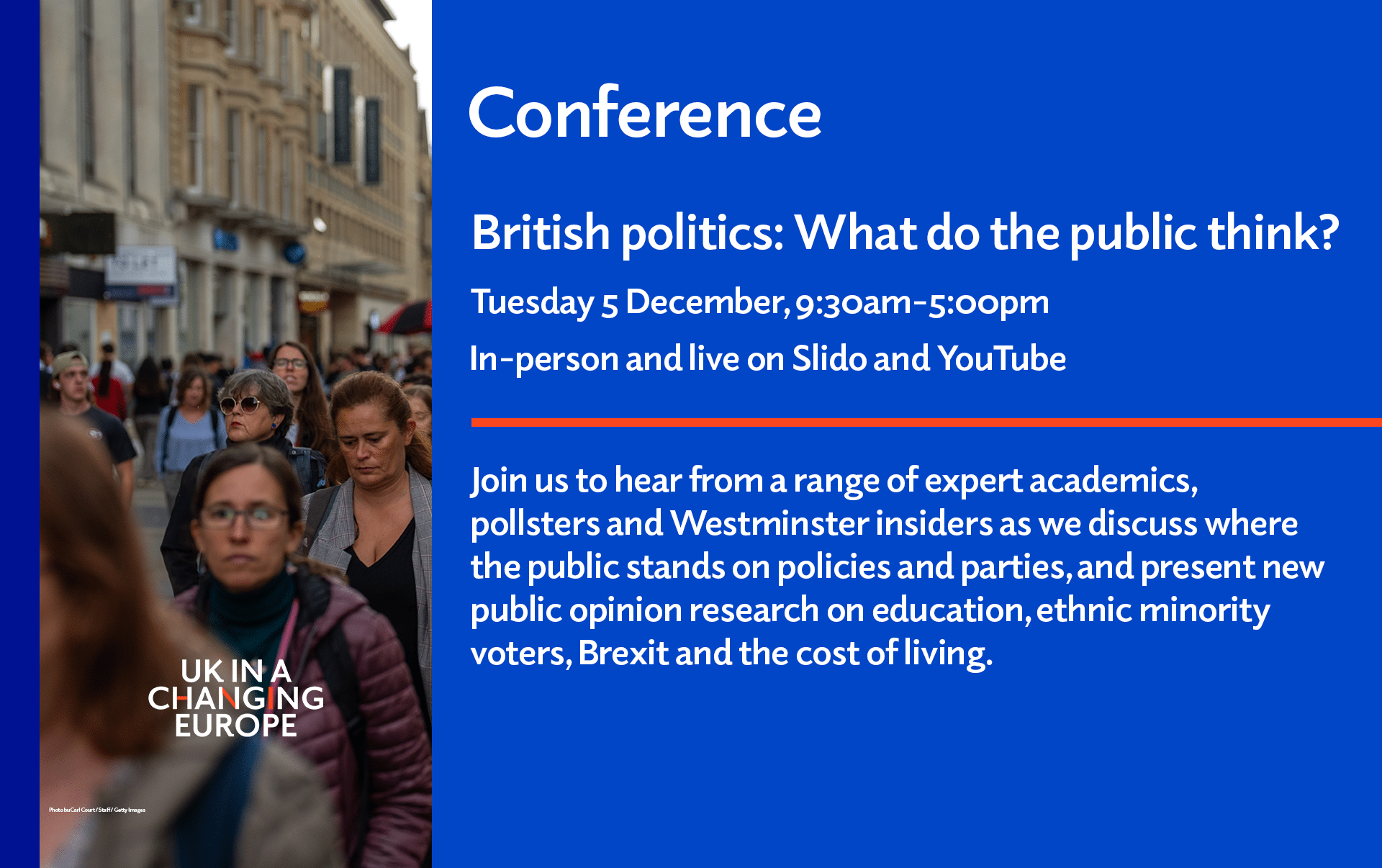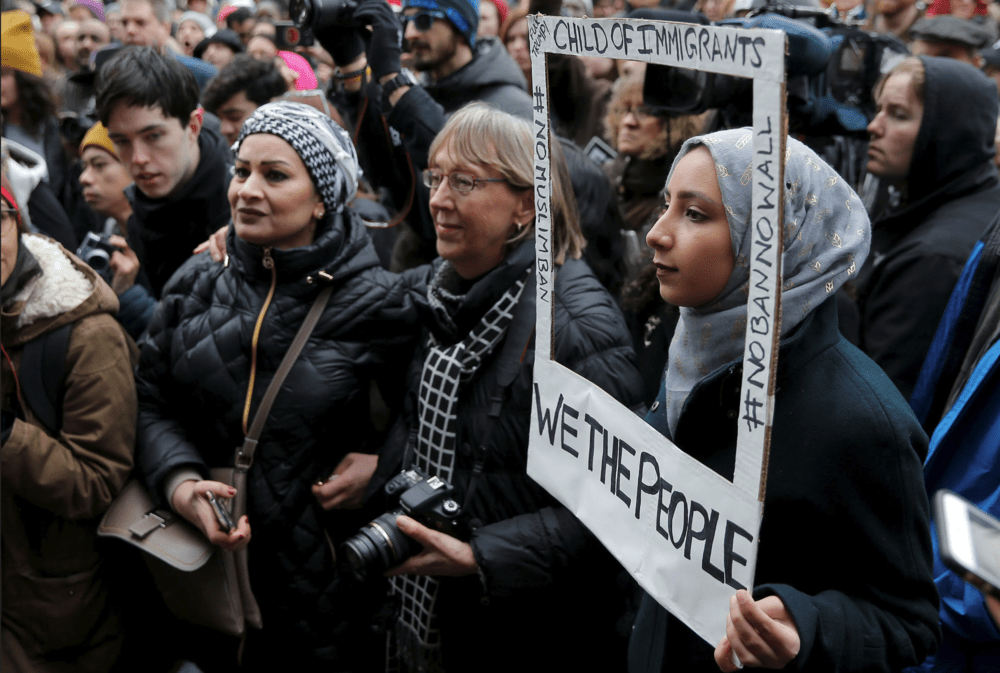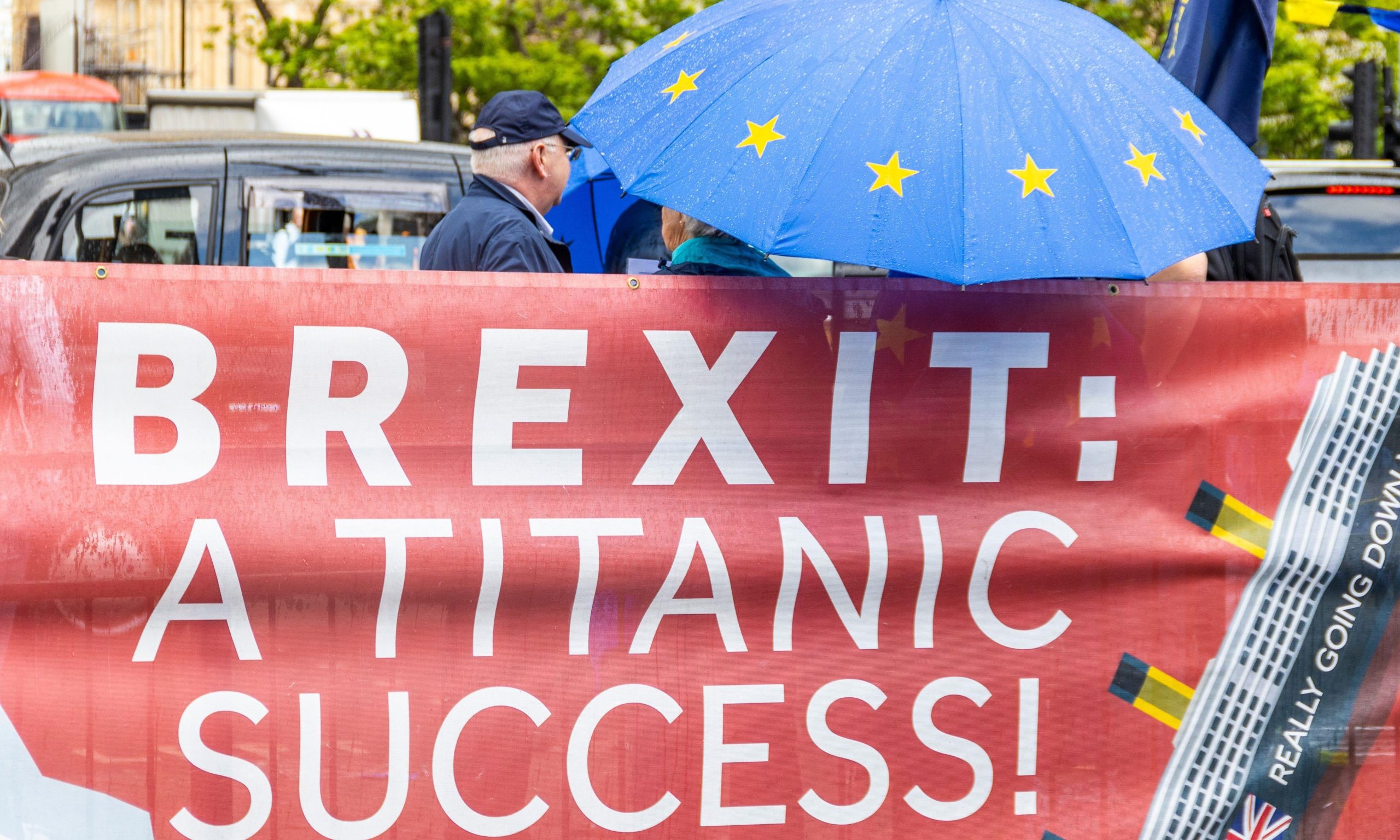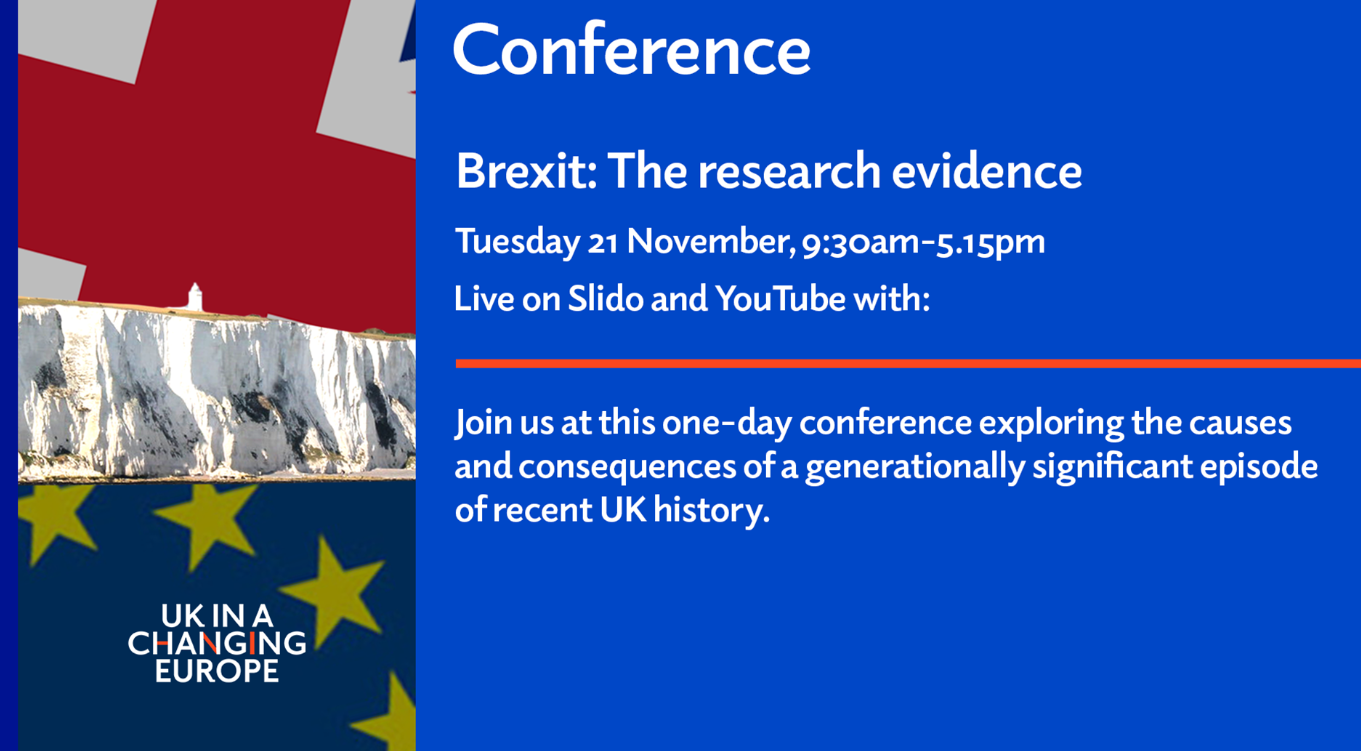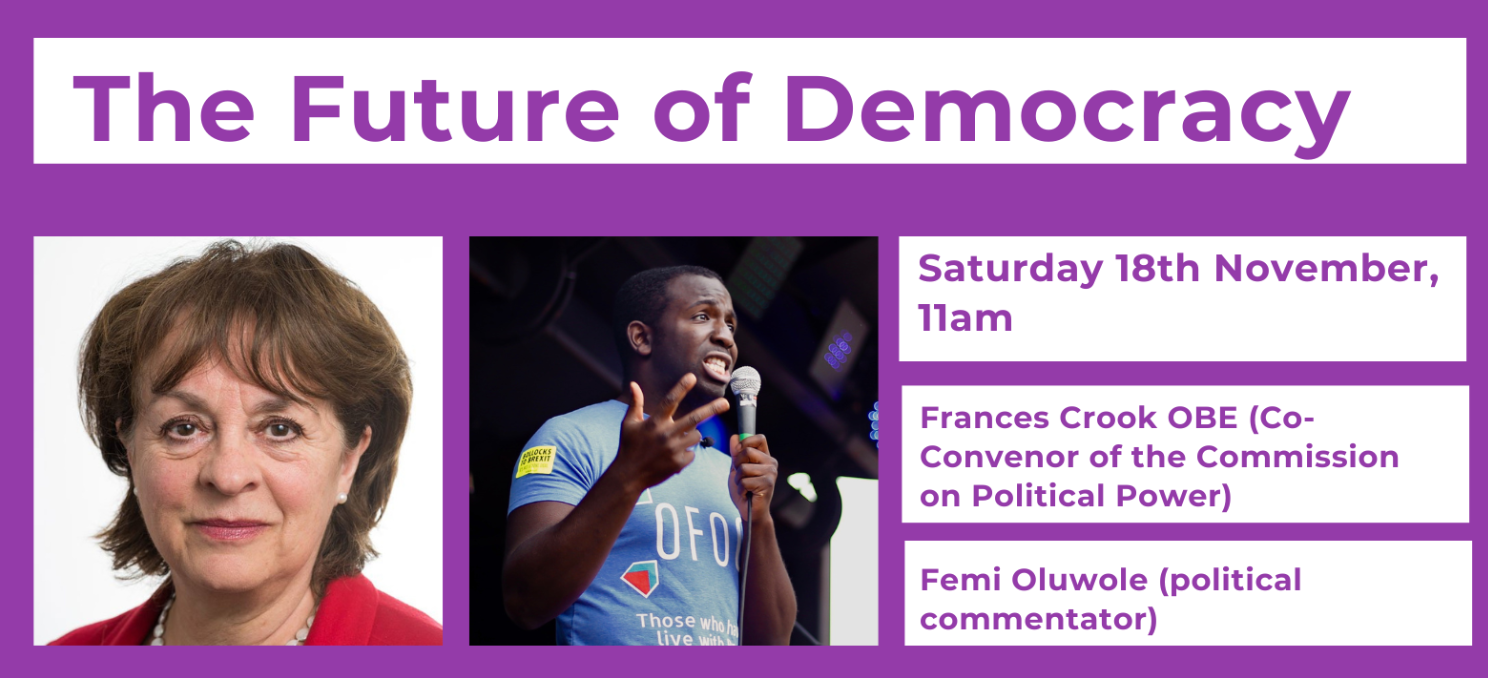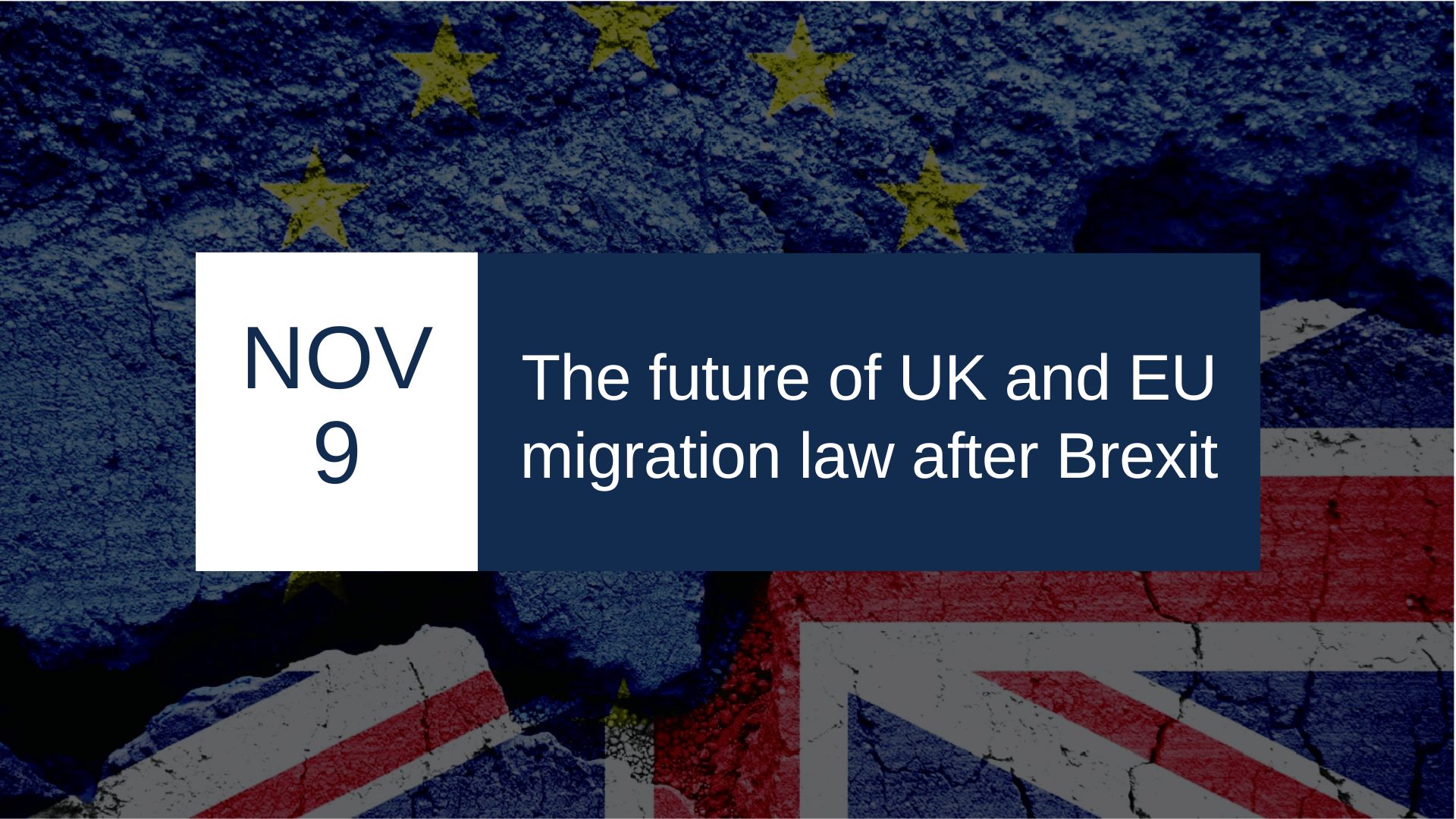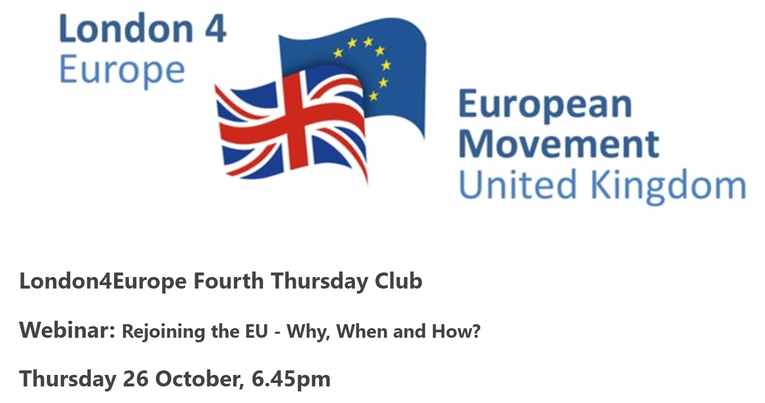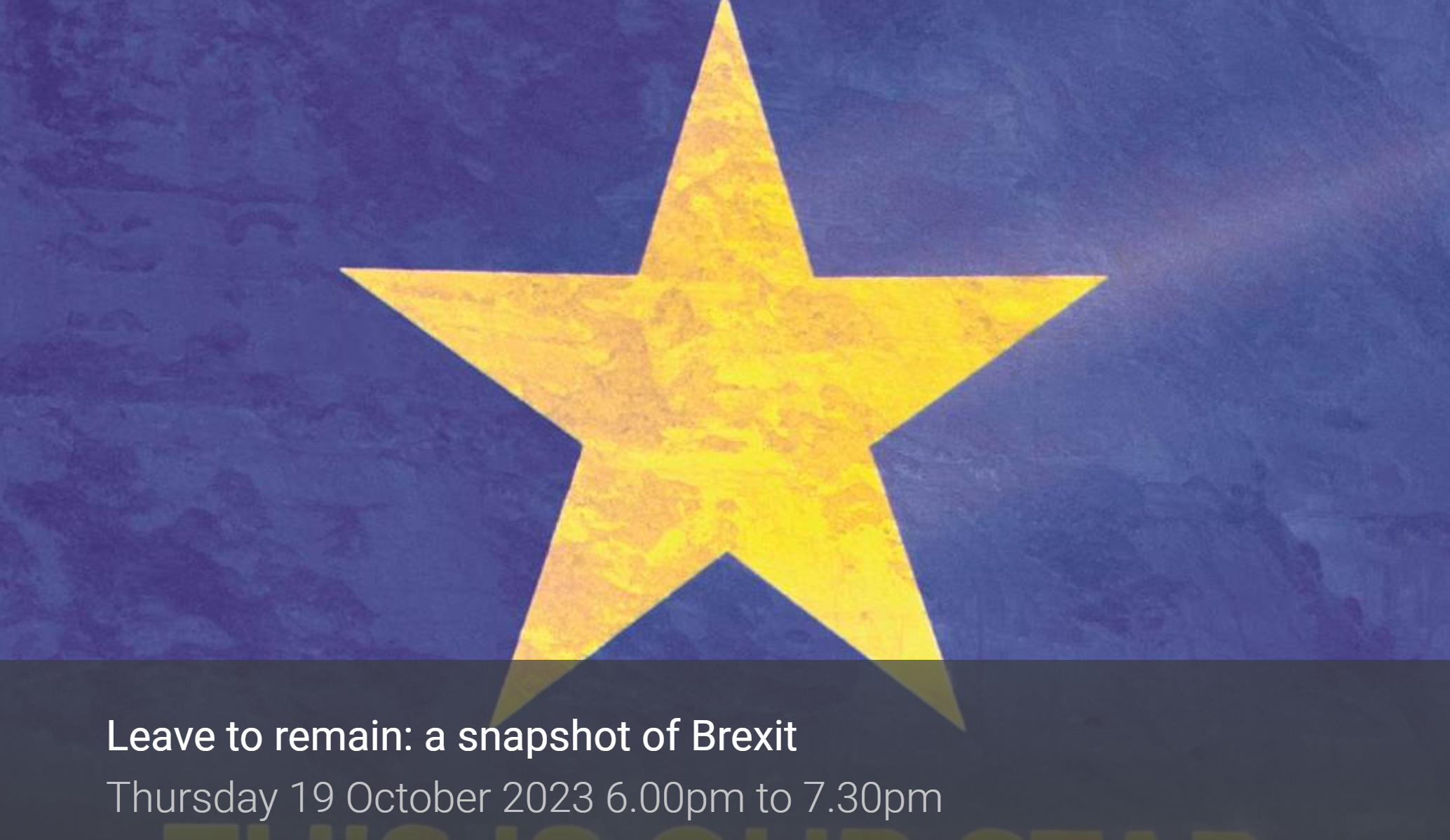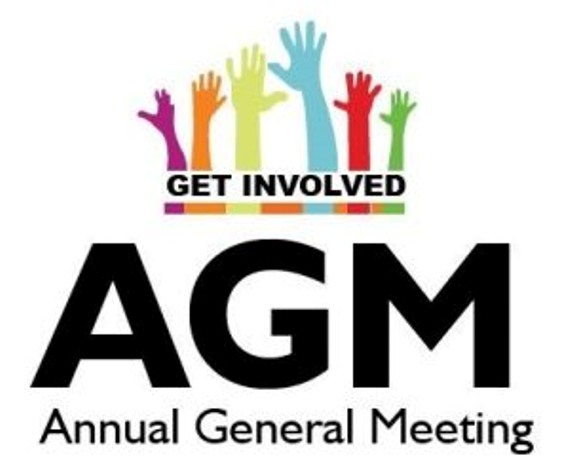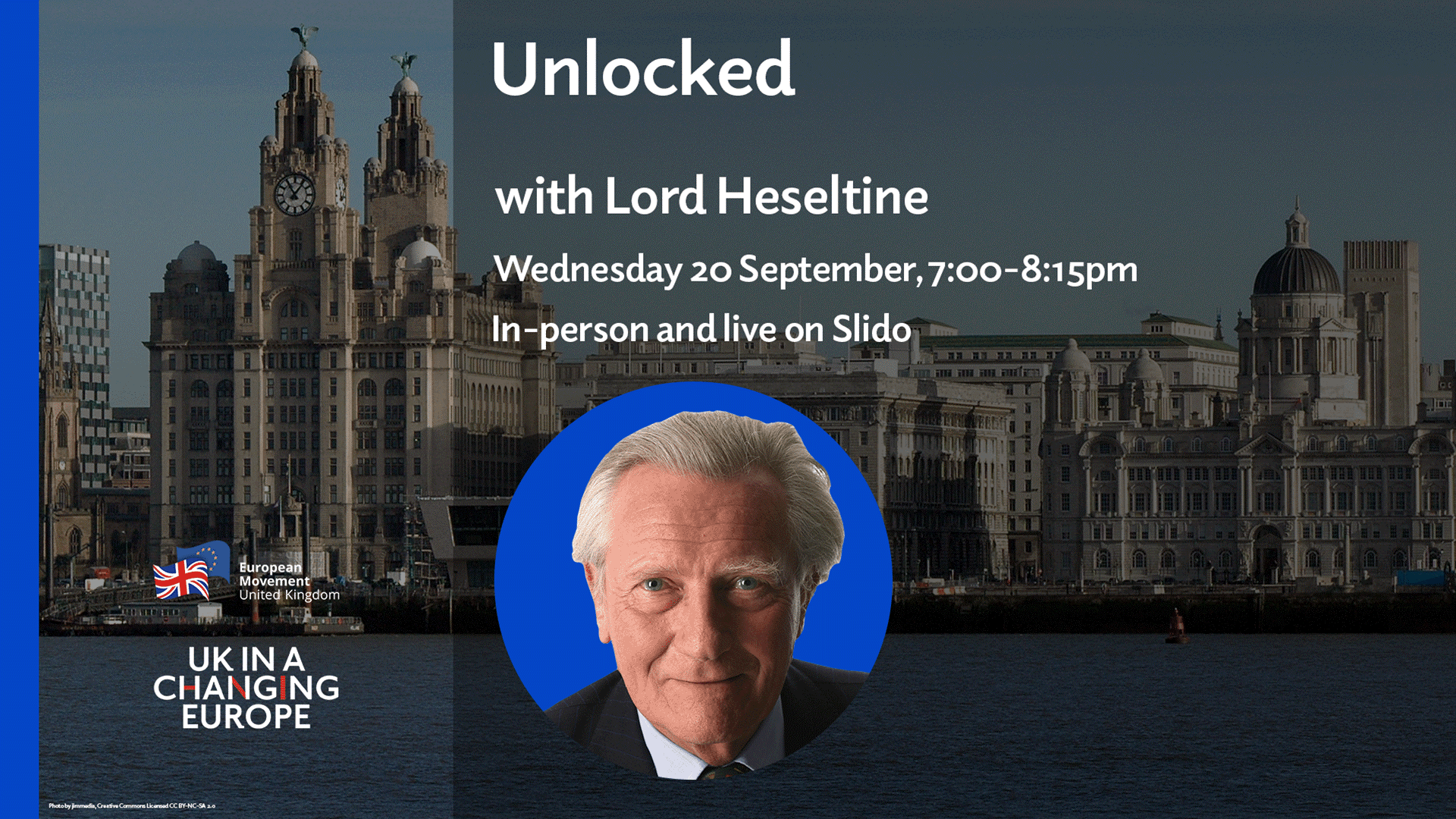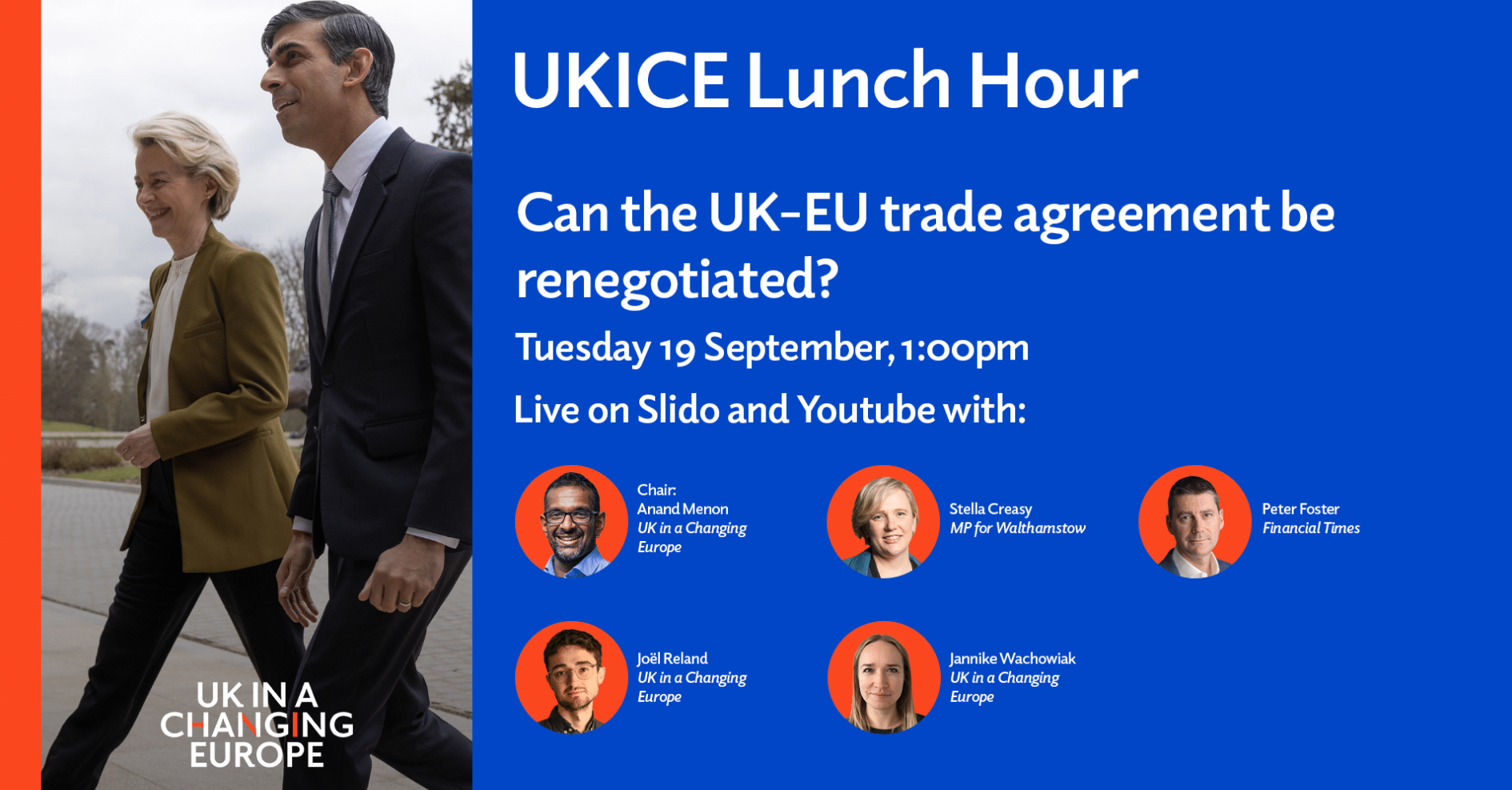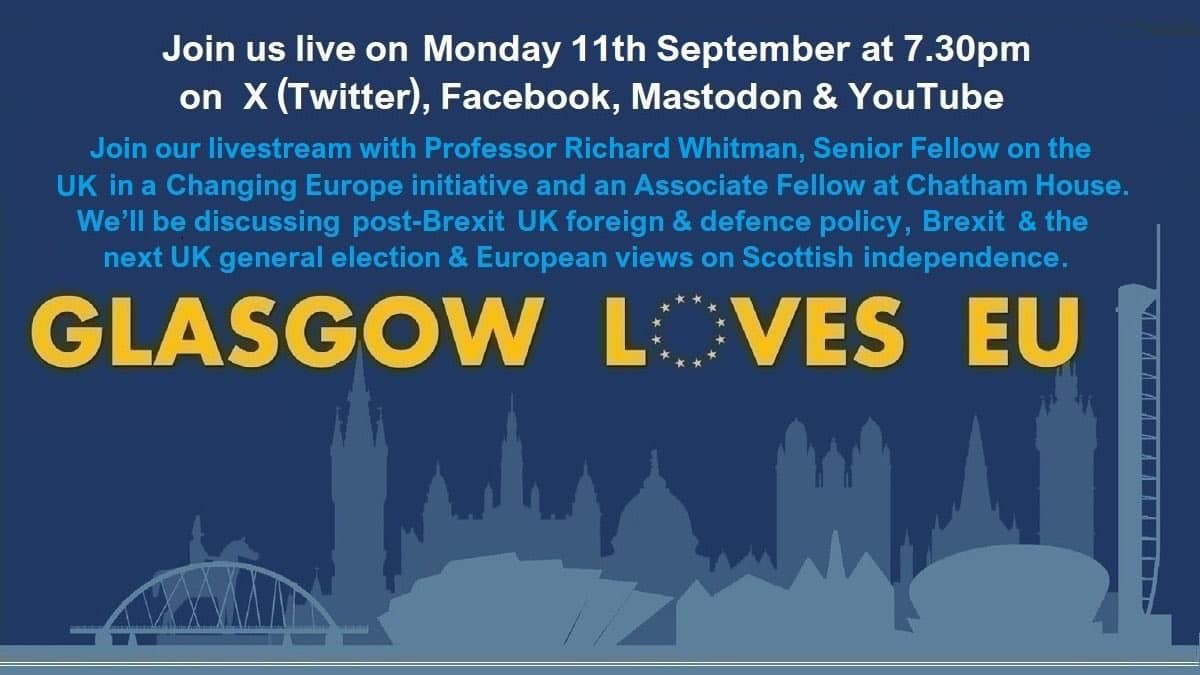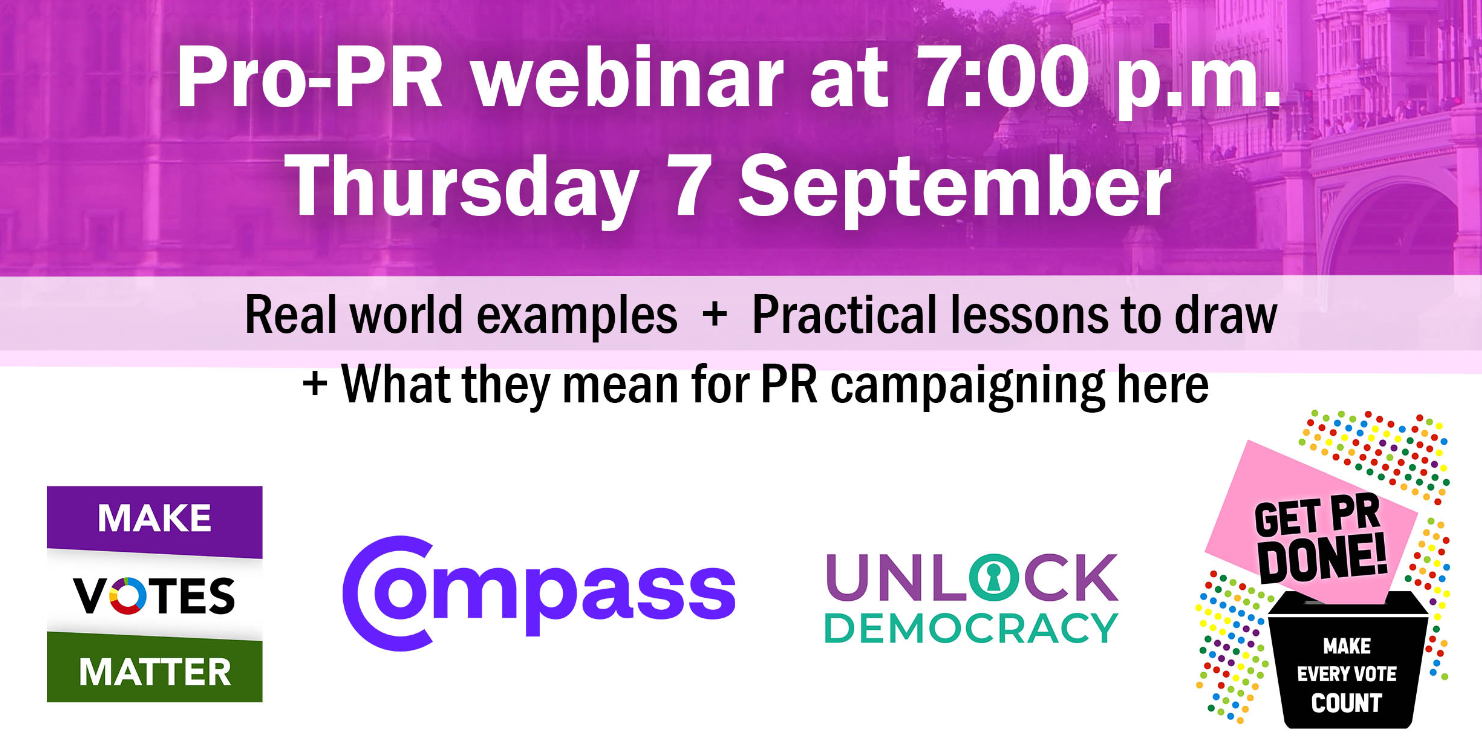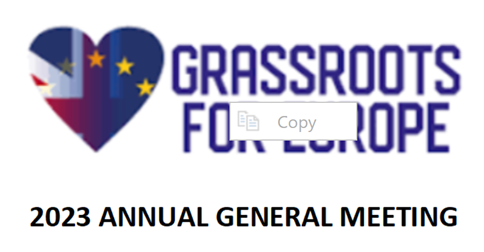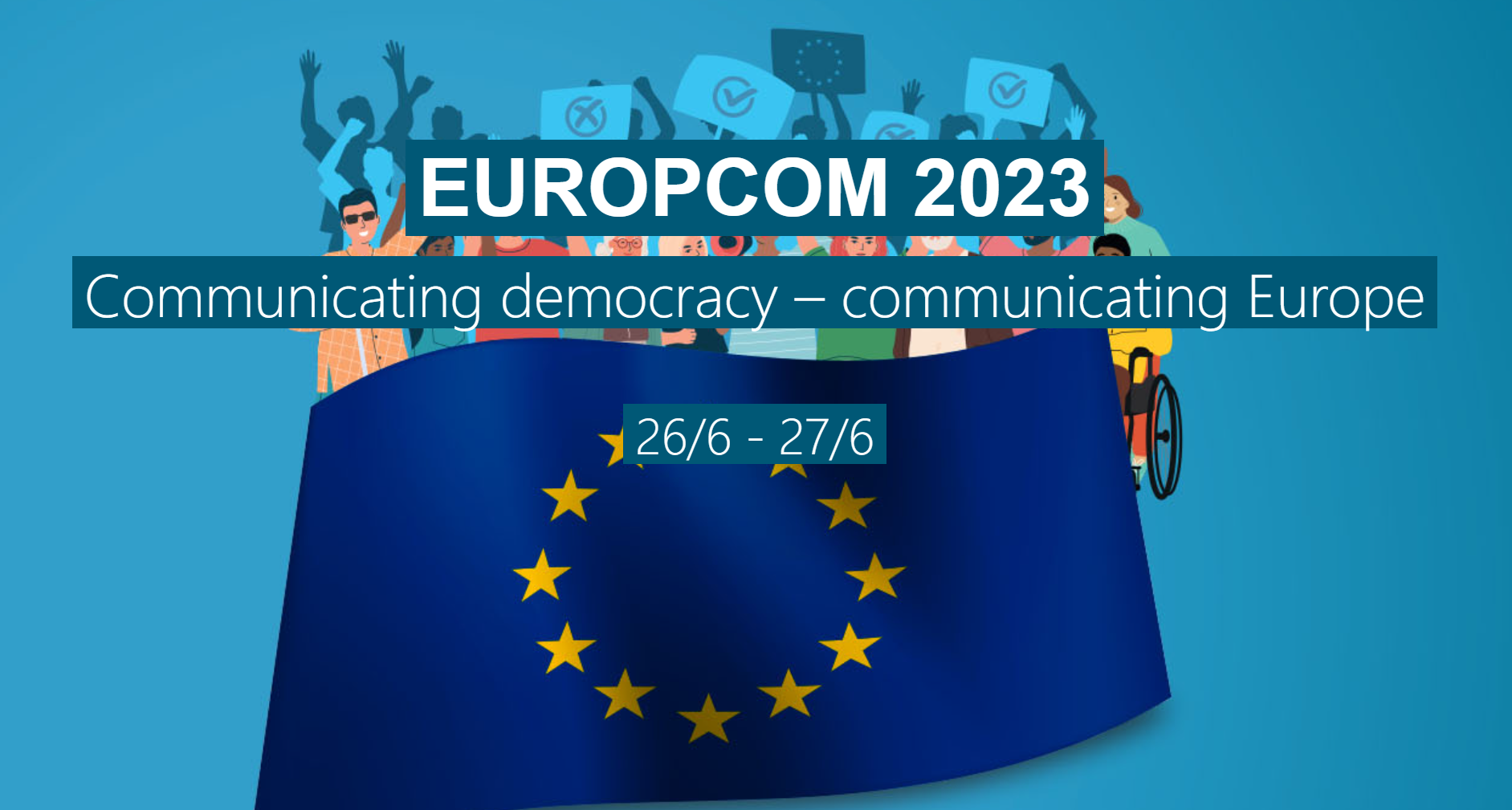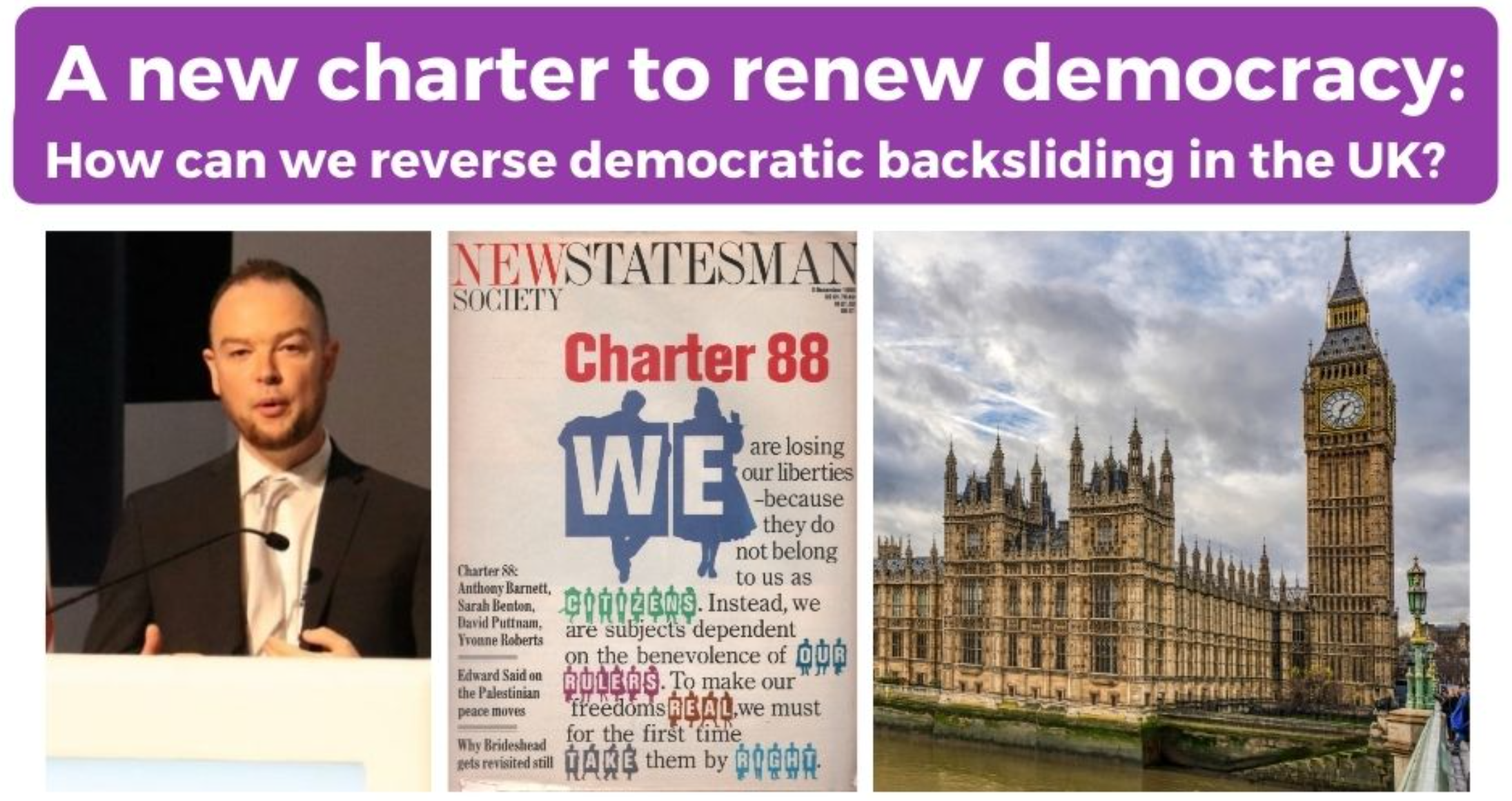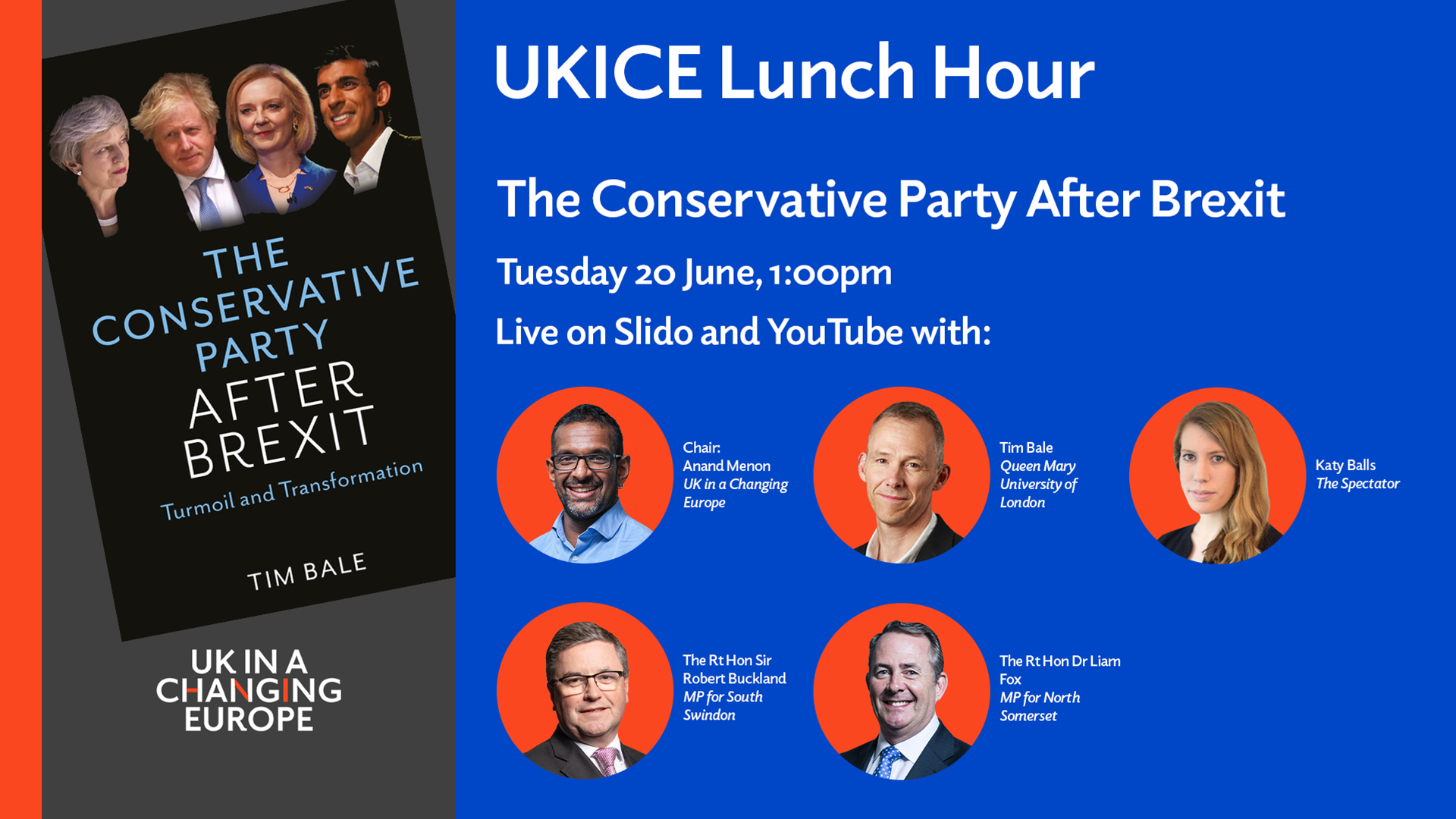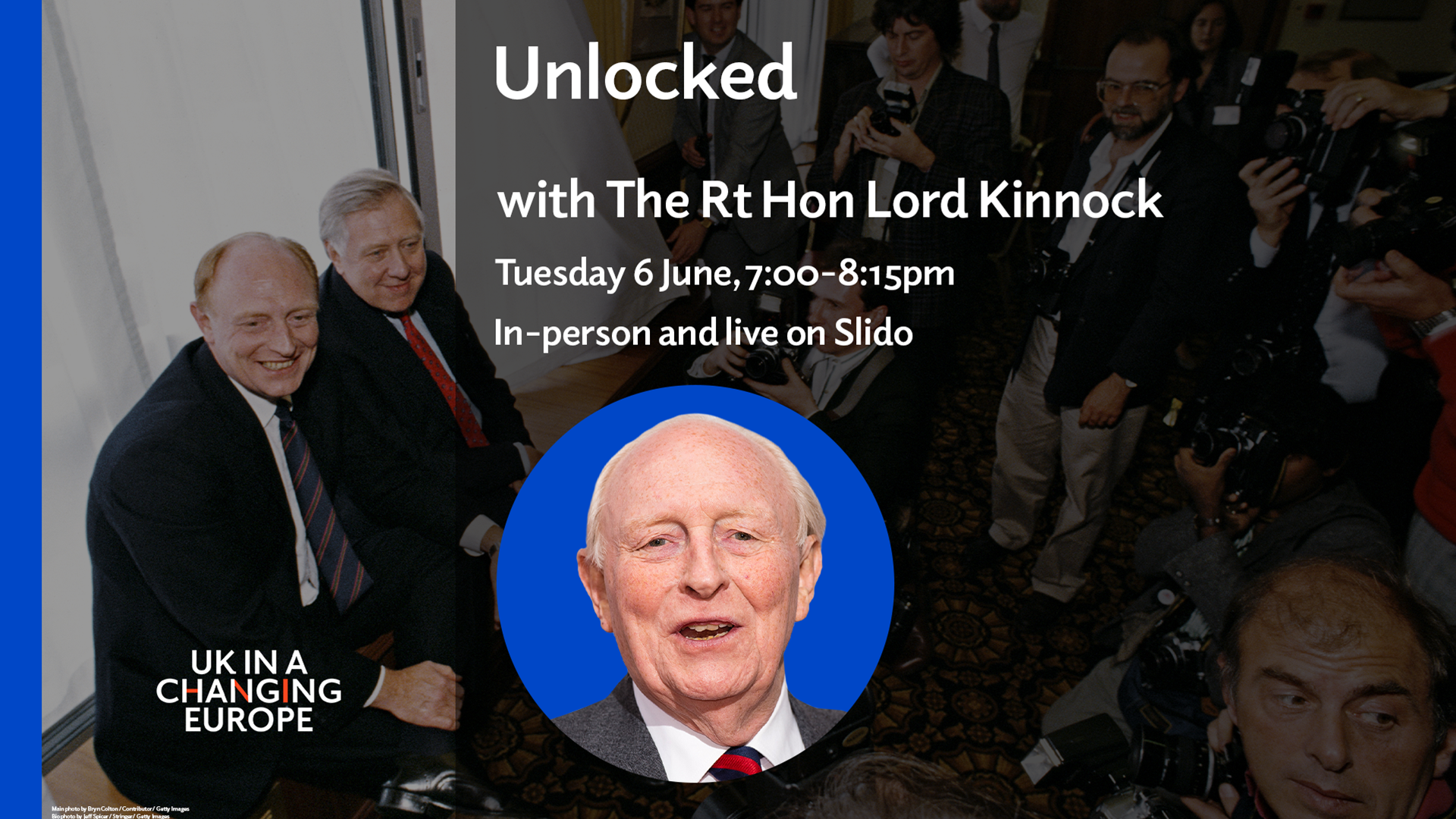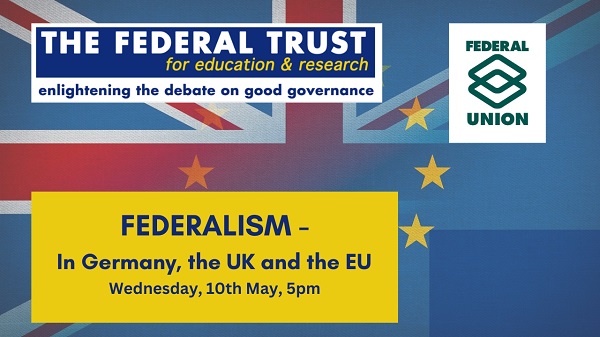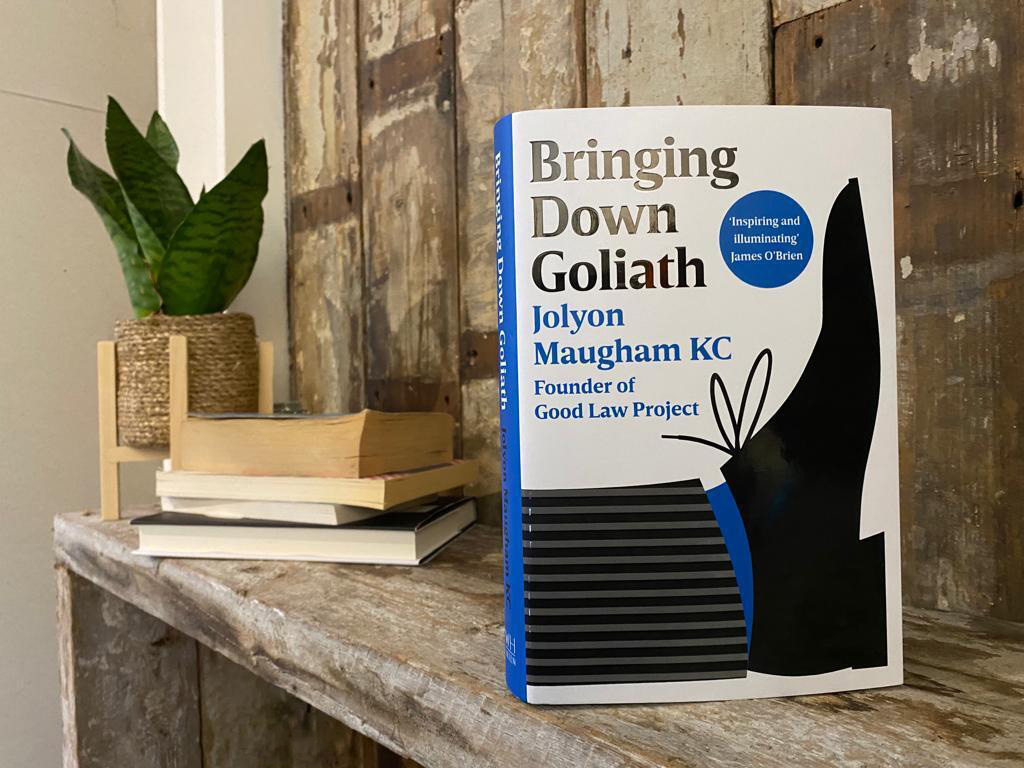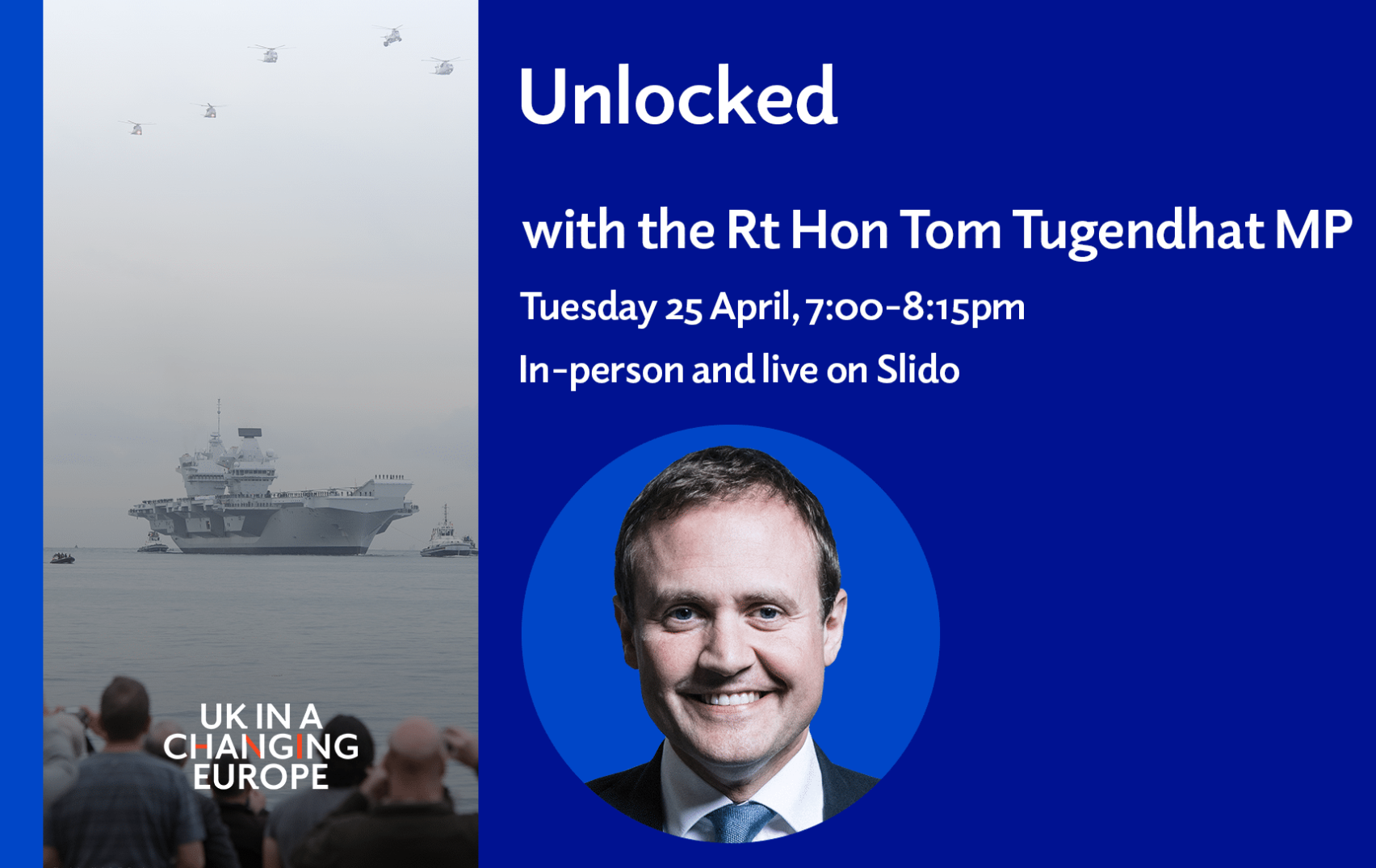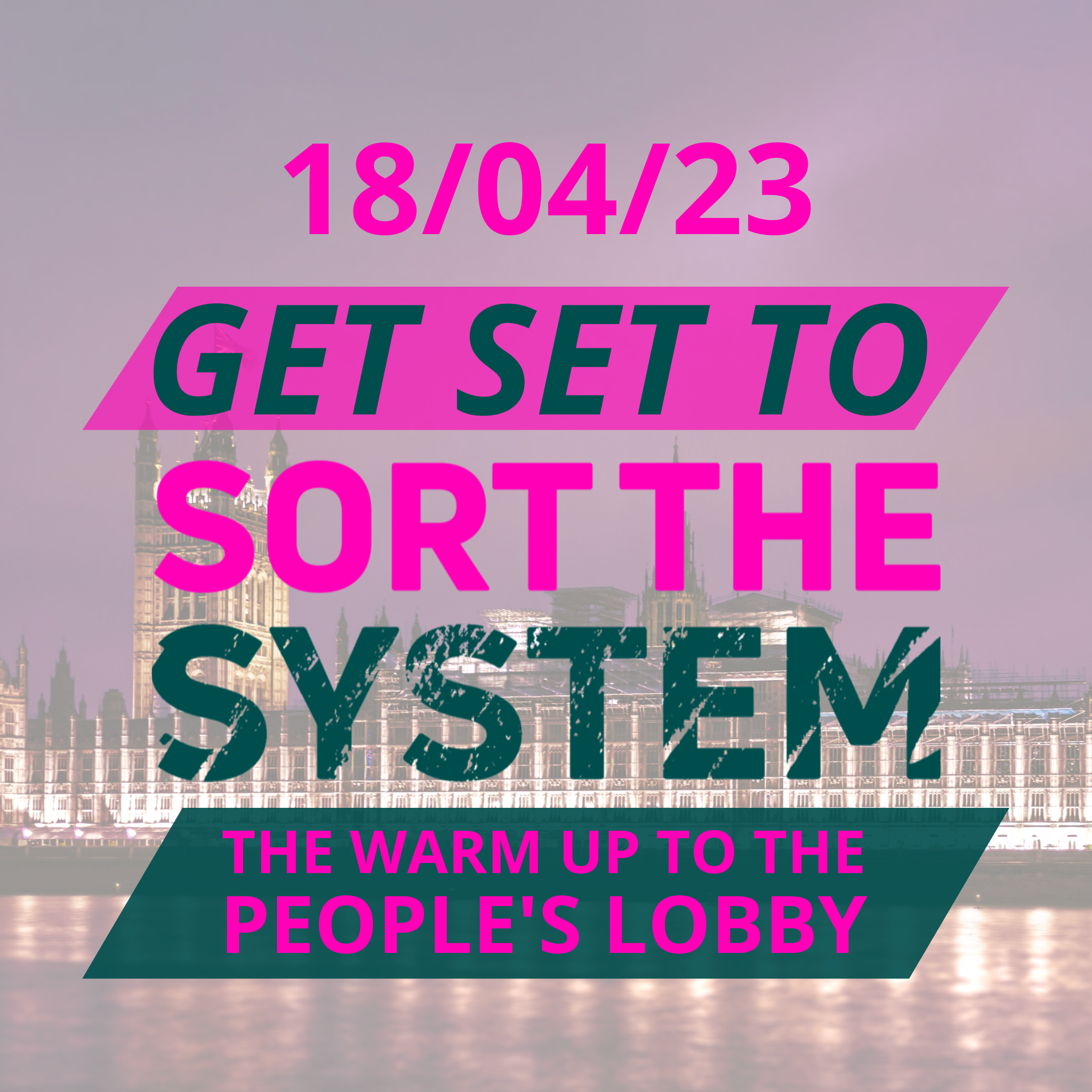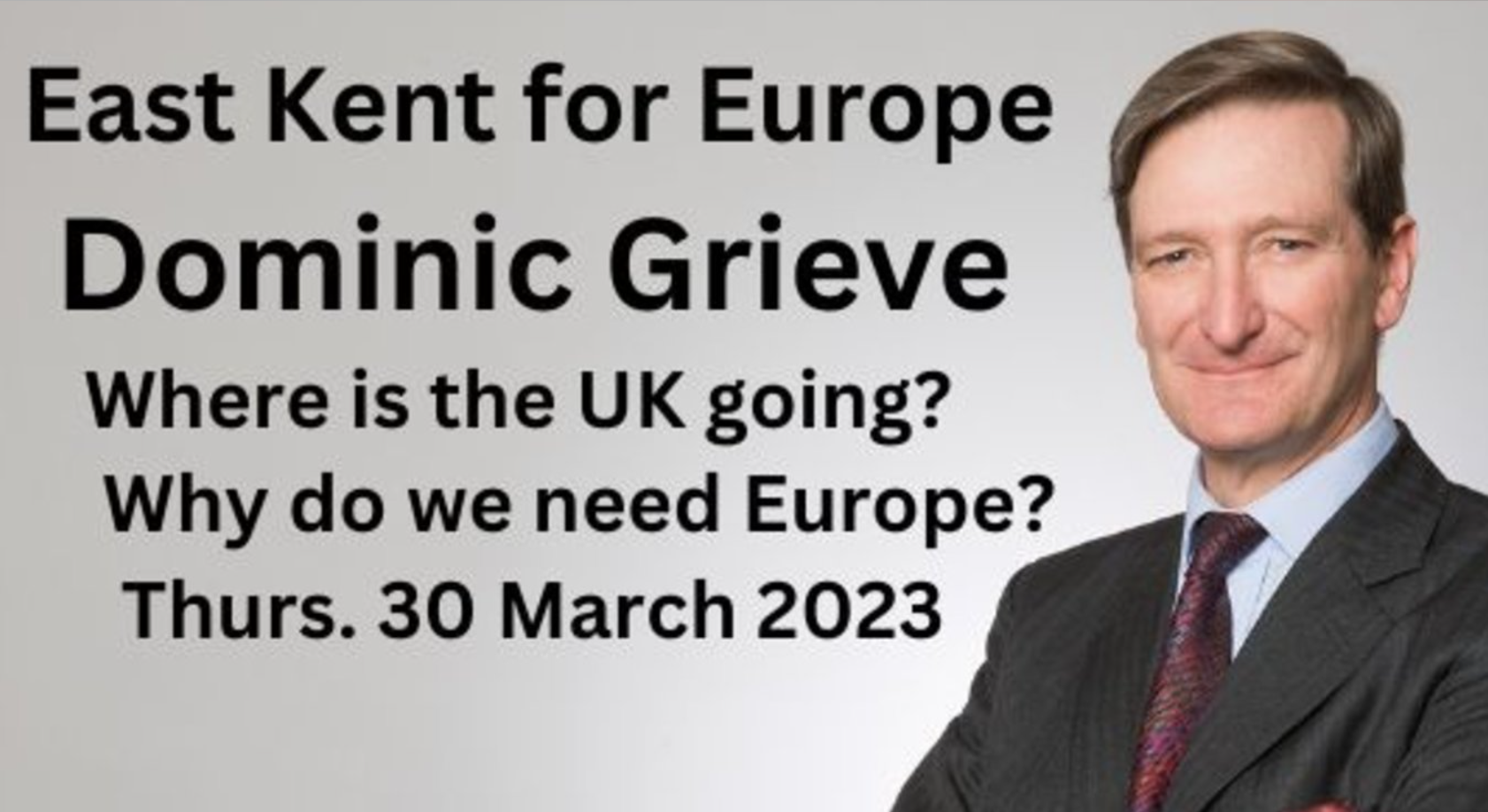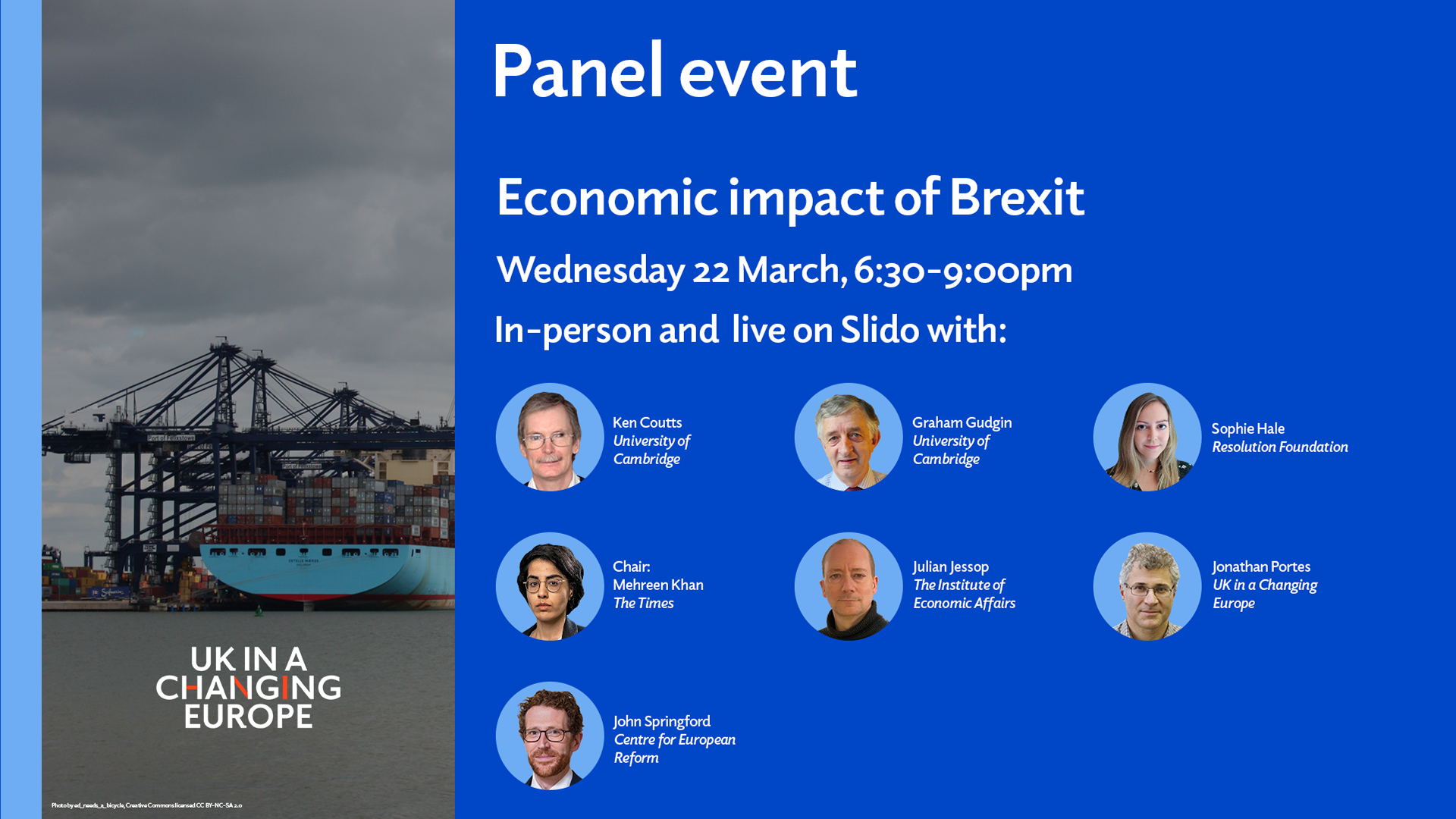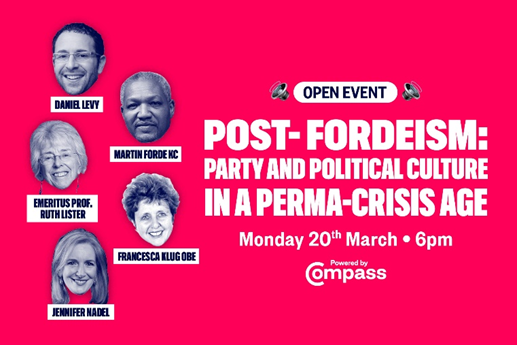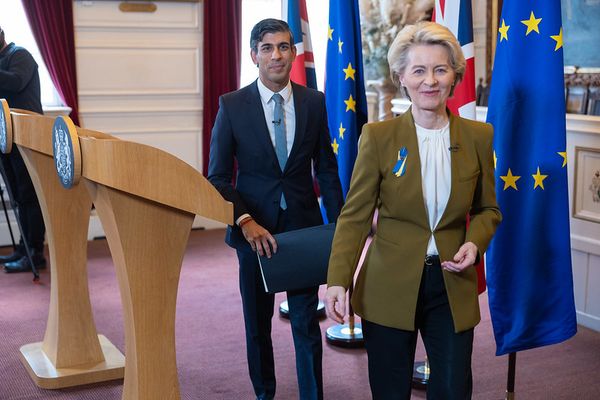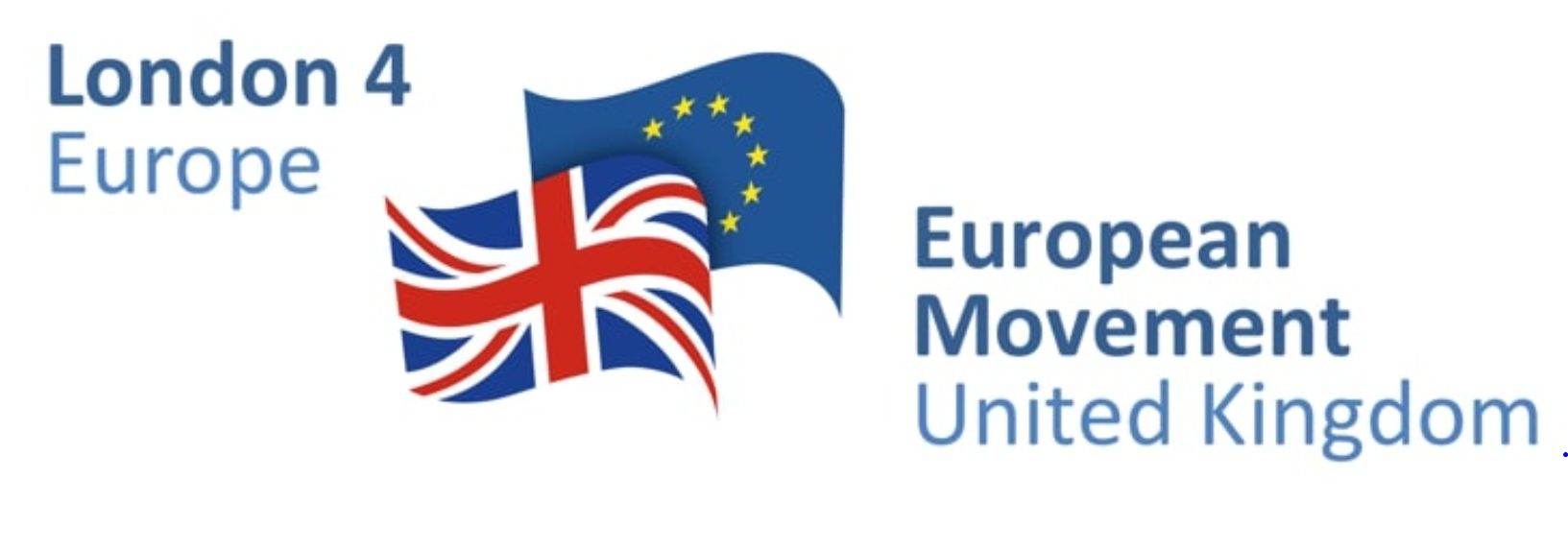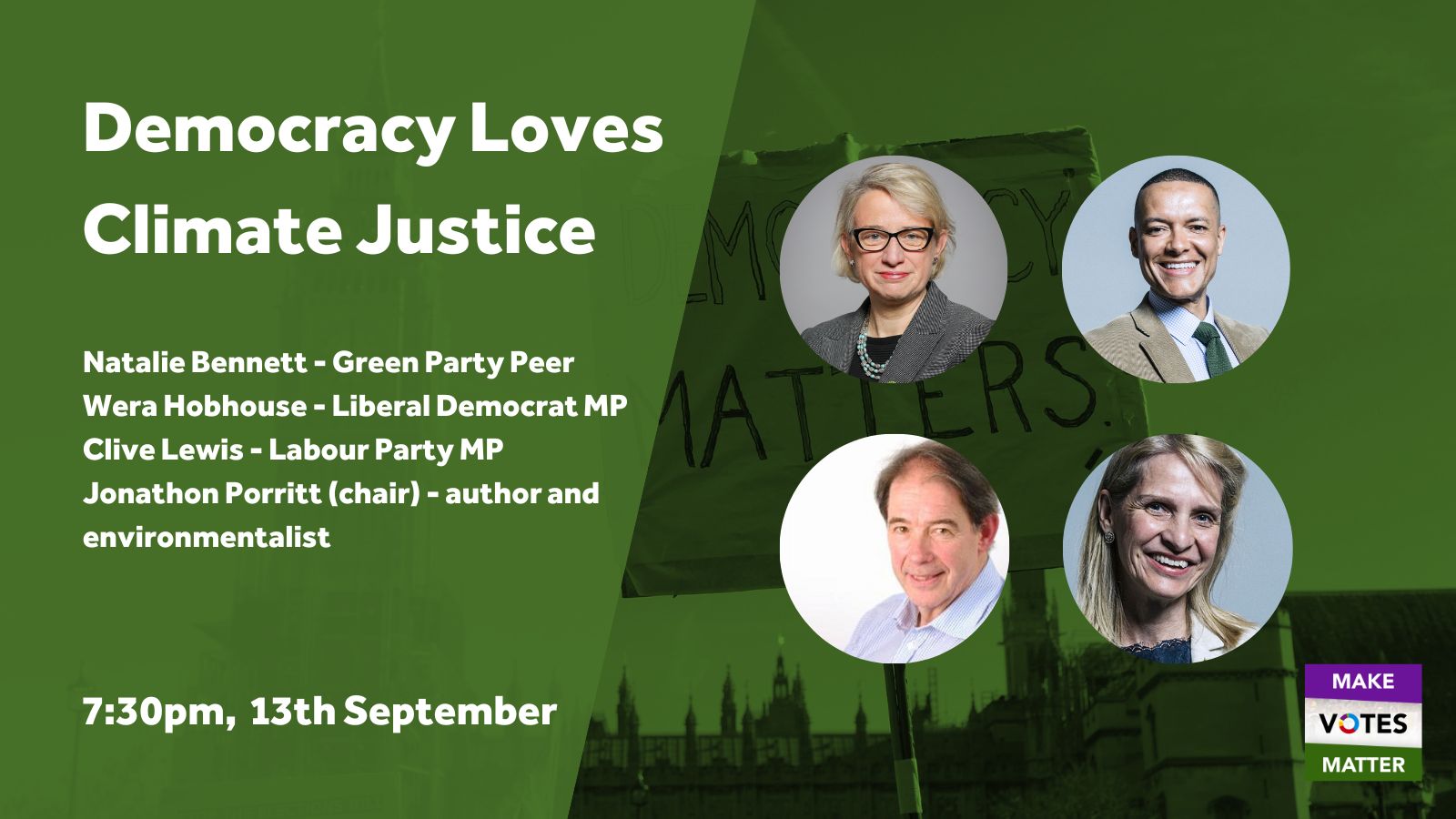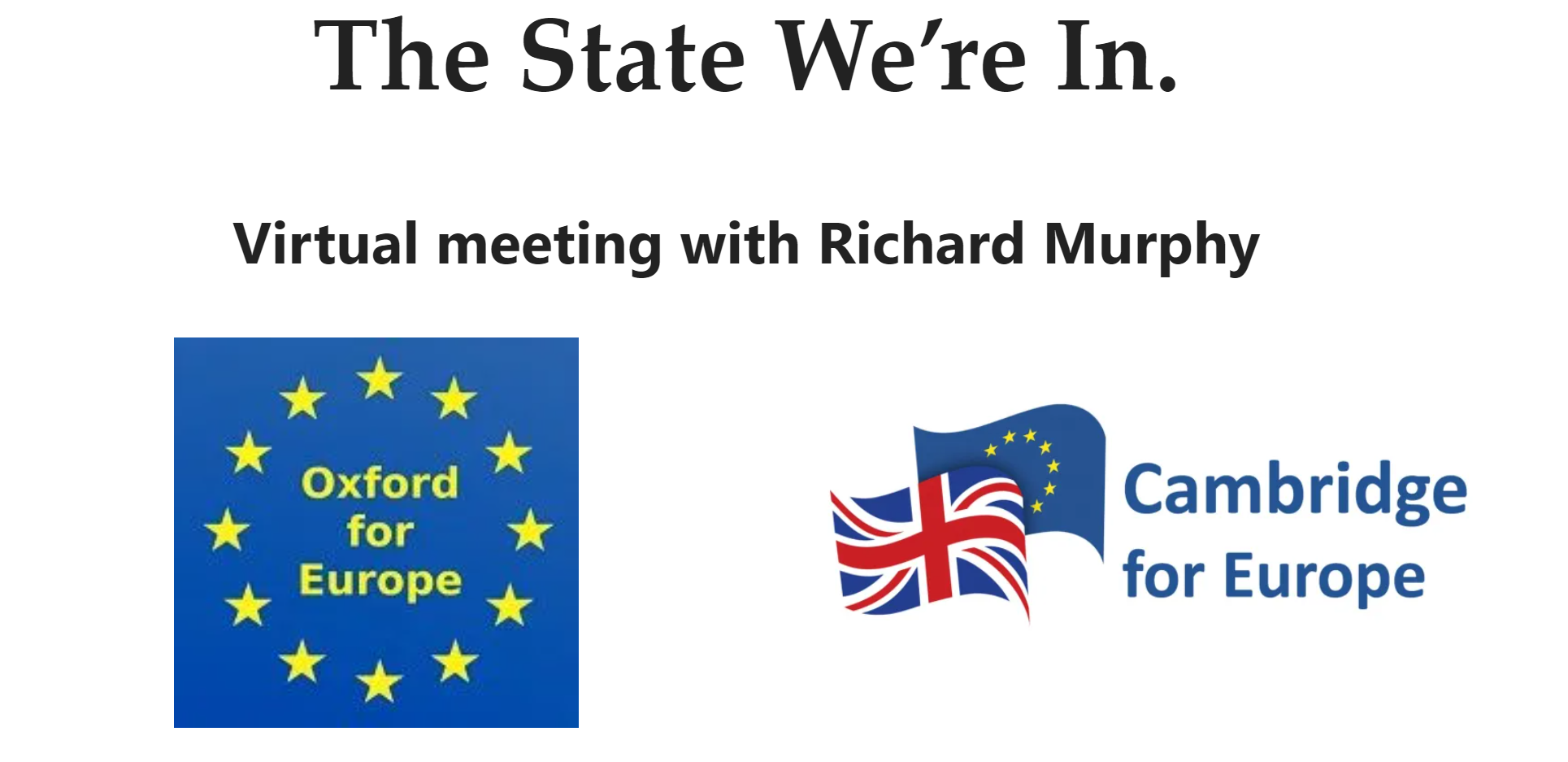
Election 2024: Conservatives face backlash from British citizens living overseas
Is the Conservative Party wise to hire a coordinator to drum up support from British citizens living overseas? Sue Wilson MBE, Bremain Chair, writes for Yorkshire Bylines.
On 16 January, UK voting rights were finally restored to disenfranchised British citizens living overseas. After decades of campaigning and years of broken manifesto promises, millions of Britons outside of the UK may finally have something to thank the Conservative Party for. Or so the government might think.
EXCL: The Tories have hired an overseas voter registration coordinator to mobilise thousands of supporters who live abroad into key target seats they need to win at next election 👇https://t.co/4G2dQnr5Ke
— Pippa Crerar (@PippaCrerar) January 22, 2024
No sooner had overseas Brits welcomed the news that our democratic rights had been restored than we were affronted by reports of the recruitment of an ‘overseas voter registration coordinator’. The task of the government’s new coordinator is to mobilise support from abroad in 100 key target seats, including many of those in the ‘red wall’.
What the government may have misunderstood – and not for the first time – is the sheer level of anger and frustration felt by overseas British citizens at the way we have been ignored, excluded and misrepresented, especially over Brexit.
Conservatives faring badly at home
The latest YouGov Westminster voting intention figures (2–3 January 2024) show the Conservatives are suffering badly in the polls – languishing at only 22%, with Labour well in front on 46%. Bad enough, but the latest figures are even worse than those for the previous month, so the government’s ‘popularity’ is getting worse. The prime minister’s own ratings are faring no better either, including from within his own party.
With an election looming, the government will no doubt be aiming to pull out all the stops in an effort to turn the tide of public opinion. But based on recent failed attempts – by the prime minister especially – to claim achievements not in evidence, or to point the finger of blame at those not in power, the British public have wised up.
Perhaps the government believes that Brits living overseas will look on them more favourably since they restored our voting rights. Perhaps they believe that we don’t pay as close attention to what they’ve been up to as those living closer to Westminster. Perhaps they even believe, like many of the British public, that we’re all wealthy, retired and politically illiterate. They’d be wrong on all counts
British citizens living overseas: we haven’t forgotten
Four years on from Brexit, and seven and a half years after the referendum, the wounds we suffered still smart. Many were denied their democratic voting rights in the 2016 referendum. Many were denied the opportunity to vote against a Brexit government in subsequent general elections.
Yet we still had to deal with the consequences and the removal of our rights, benefits and opportunities. Those valuable EU citizenship rights – not least our freedom of movement – were ours, we were led to believe, for life. Now we, and you, have less rights and protections, and those wishing to follow in our footsteps are less able to do so.
While the anger, upset and shock of Brexit may have abated a little, the government continue to give us plenty to get mad about. Even from a distance, it’s difficult to ignore the extremist leanings of an increasingly desperate – and let’s be honest, barking mad – government. We may not live in the UK, but we are not blind or deaf, even if the government have continually treated us as though we were.
Not sure that they realise how angry many Brits abroad are at the Tories… I worked on many petitions in @EP_Petitions including Harry Schindler’s. Opportunity for other parties
Tories hire coordinator to get expat supporters to vote in general election https://t.co/TGnJCyP47R
— Jude Kirton-Darling (@Jude_KD) January 22, 2024
A rude awakening beckons
If the Conservatives seriously believed that restoring our overseas voting rights would work in their electoral favour, they may be in for a very rude awakening. Former Times correspondent, William Chislett, who has lived in Spain since 1986, told the I newspaper, “Over the last 14 years, they have broken Britain. There are 150 reasons to get them out”. He added in a tweet, “No party could be worse than the current Conservatives” – an opinion widely shared both at home and abroad.
Successfully and easily registered to vote from Spain, where have lived since 1986, in next UK general election. No party could be worse than the current Conservatives. Times to get them out. @ukinspain https://t.co/wBxJvugd2a
— William Chislett (@WilliamChislet3) January 18, 2024
Debbie Williams MBE, former Conservative supporter and founder of campaign group Brexpats – Hear our Voice, summed up the feeling of many as follows:
“They can try and garner all the support from UK citizens overseas but I can tell you one thing, we have long memories.”
Williams added, “they threw us under the Brexit bus so they’d better think again as they are going to be punished into eternity at the ballot box”.
It remains to be seen what the government might do next to influence the votes of former Conservative supporters both at home and abroad, but their options are fast running out. Their rhetoric – factual or otherwise – is no longer getting through. Everything they have tried to date has failed miserably, and they have lost the public’s trust.
Gina Miller, leader of the True & Fair Party and prospective MP for Epsom and Ewell, asked the question “what bribe will they try to entice expats to vote for them? Bribery is all they have left!”. Whatever enticement they might try, it’s not going to work because whatever they promise us now, we’re never going to believe a word of it.





